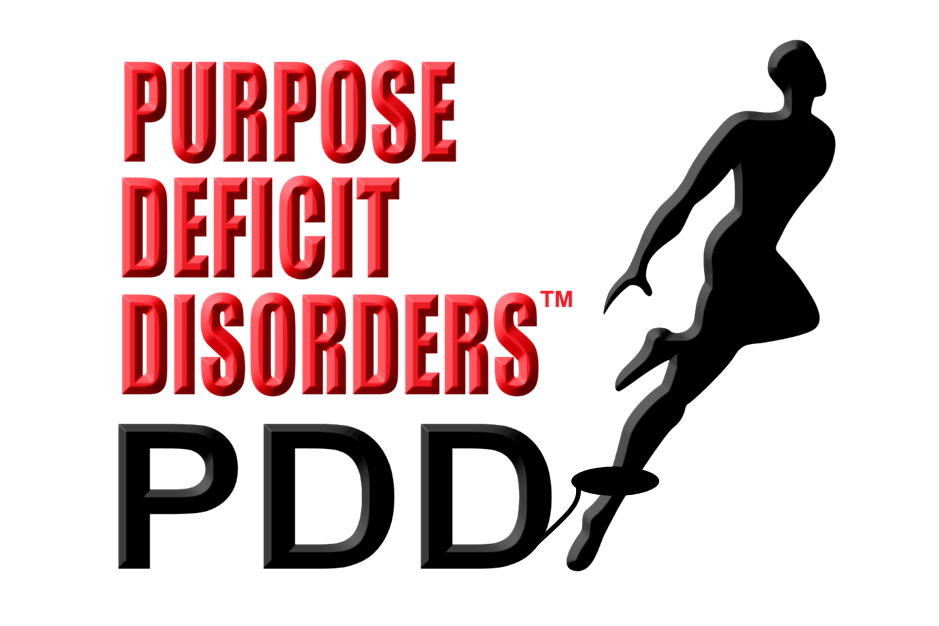Parental Advice vs. Social Media Influencers

The PDI Smart™ Model is the driving force behind our Intuitive Growth™ Performance Assessment. We used it in September of 2022 to conduct a survey with student-athletes to examine the decisions they made to get the most out of a day. This data helped us to rank student athletes Decision Performance™ based on their capacity to make meaning out of their surroundings.
This is a critical development and growth measure because of the popular life course theory used by psychologists and sociologists. Out of the five distinct principles associated with life course perspectives, parents should be most concerned about the human agency principle. This principle is related to an individual's capacity to determine and make meaning from their environment through purposive consciousness and reflective and creative action.
In Purpose Development Coaching™, there are eight Decision Categories™ that make up purposive consciousness, which is simply the tendency to fulfill a conscious purpose or design. When thoughts about how to use the eight categories are deficient in purpose, the risk is high for making decisions that lead to wasting time and abandoning growth potential in a day. This is a classic example of the lack of Intuitive Growth™, which is simply how we have purposeful interactions with surroundings.
With today's youth spending an average of 33.6 hours per week to get an endorphin high from social media likes, Intuitive Growth™ among teens is on the decline. As a result, it's becoming increasingly hard for parental advice to compete with influencers. Instead of today's youth making wise use of time and growth potential in a day, many are suspending their ability to control human agency. Today's youth are spending more time becoming a product of environments than they are on making their environment contribute to their highest growth potential.
To confirm our observation, we asked the student-athletes in our survey twenty-four questions that's directly linked to their control over human agency. Our focus groups included a secular and Christian college to confirm that Intuitive Growth™ is a blind spot regardless of spiritual up-bringing. Our findings proved that today's youth are struggling to maximize potential in a day due to limited control over human agency. (See survey details below)
This is a critical development and growth measure because of the popular life course theory used by psychologists and sociologists. Out of the five distinct principles associated with life course perspectives, parents should be most concerned about the human agency principle. This principle is related to an individual's capacity to determine and make meaning from their environment through purposive consciousness and reflective and creative action.
In Purpose Development Coaching™, there are eight Decision Categories™ that make up purposive consciousness, which is simply the tendency to fulfill a conscious purpose or design. When thoughts about how to use the eight categories are deficient in purpose, the risk is high for making decisions that lead to wasting time and abandoning growth potential in a day. This is a classic example of the lack of Intuitive Growth™, which is simply how we have purposeful interactions with surroundings.
With today's youth spending an average of 33.6 hours per week to get an endorphin high from social media likes, Intuitive Growth™ among teens is on the decline. As a result, it's becoming increasingly hard for parental advice to compete with influencers. Instead of today's youth making wise use of time and growth potential in a day, many are suspending their ability to control human agency. Today's youth are spending more time becoming a product of environments than they are on making their environment contribute to their highest growth potential.
To confirm our observation, we asked the student-athletes in our survey twenty-four questions that's directly linked to their control over human agency. Our focus groups included a secular and Christian college to confirm that Intuitive Growth™ is a blind spot regardless of spiritual up-bringing. Our findings proved that today's youth are struggling to maximize potential in a day due to limited control over human agency. (See survey details below)

The Battle for Character Profiles™



